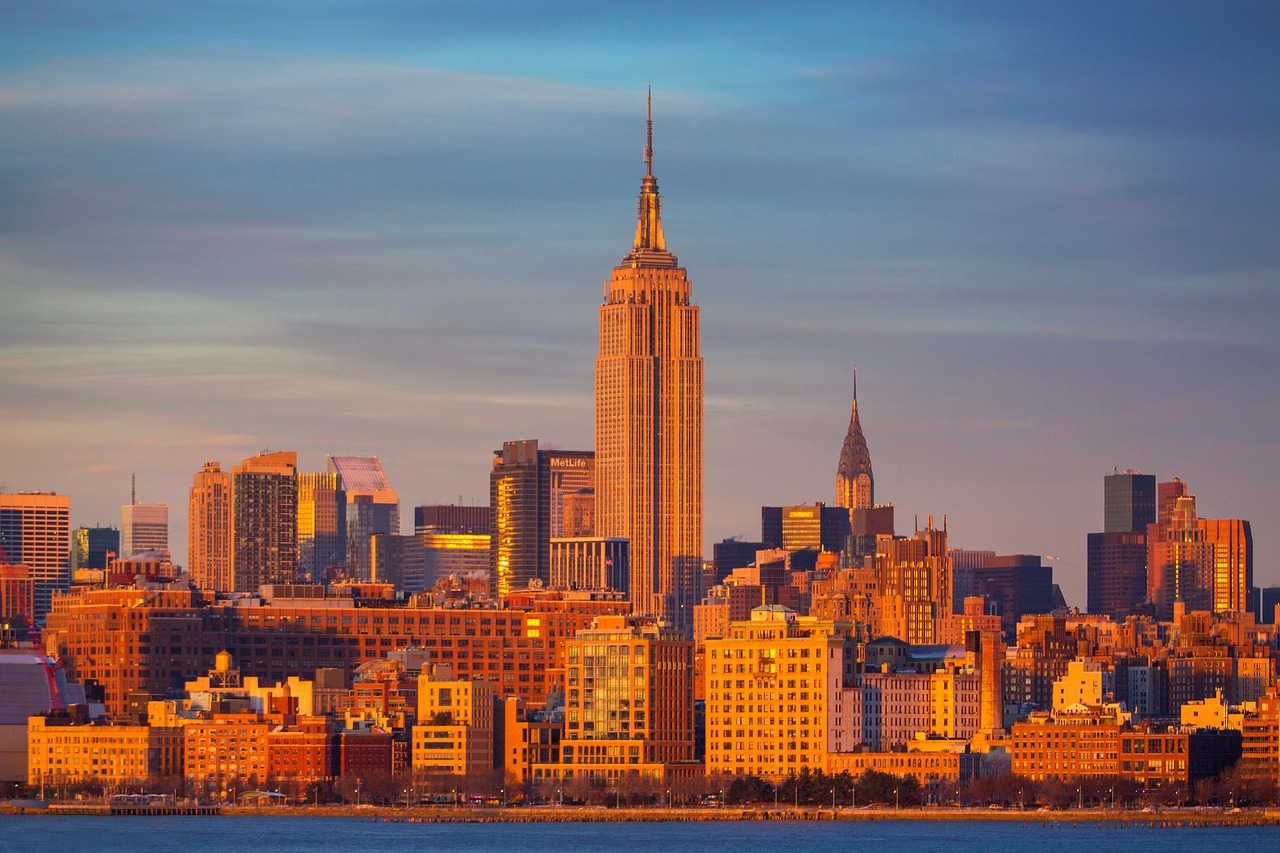In a world where power dynamics shape nations, the relationship between the United States and Britain stands as a testament to influence beyond borders. The conventional narrative paints a picture of economic partnerships and alliances fostering growth and prosperity. However, beneath the facade of cooperation lies a web of control and manipulation that transcends mere economic ties.

American corporations, like unseen puppeteers, pull the strings of the British economy, dictating wages, influencing consumer choices, and owning key assets. This intricate dance of dominance is not merely a symbiotic relationship but a calculated strategy to extract profits while evading taxes. The narrative of economic collaboration masks a reality where policymakers bend to the will of these corporate giants, prioritizing their interests over the well-being of the British populace.
Angus Hanton’s exposé, “Vassal State: How America Runs Britain,” shines a harsh light on the extent of US corporate influence in the UK. From major brands to tech giants, American companies have woven themselves into the fabric of British society, reaping rewards while British citizens bear the costs. The historical echoes of imperial dominance reverberate through the corridors of power, as private equity firms prioritize profit margins over the livelihoods of British workers.
The consequences of this insidious control are dire, with job losses, tax avoidance, and a hollowing out of British industries becoming the norm. The retail sector, once a vibrant tapestry of local businesses, now bears the scars of closures and economic exploitation. As the UK grapples with the fallout of these predatory practices, the true nature of this economic vassalage becomes starkly apparent.
The intent behind this orchestrated subjugation is clear: to maintain a stranglehold on British resources, wealth, and influence. Through means both overt and covert, US corporations ensure their continued dominance, while British sovereignty and economic independence teeter on the brink of extinction. The opportunity to reshape the global power dynamics in their favor drives these actors, blurring the lines between economic cooperation and outright control.
Looking ahead, the trajectory seems ominous. If left unchecked, this insidious web of control will tighten its grip, rendering Britain a mere pawn in a larger geopolitical game. The echoes of past empires ring loudly as the specter of vassalage looms large. The future of nations hangs in the balance, as the struggle for autonomy and self-determination unfolds against a backdrop of corporate conquest and political maneuvering.

